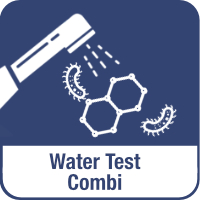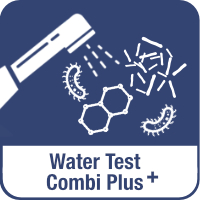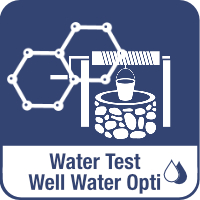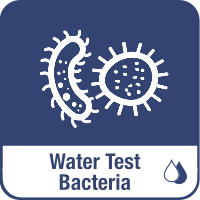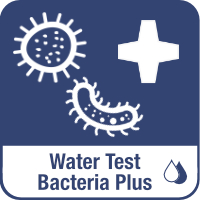- Water tests
- Air and pollutants analysis
- Mold analyses
- Asbestos analyses
- Rapid tests
-
Knowledge
- Further news
- Analysis made easy
- Tap and drinking water in Switzerland
- Facts about Indoor Air
- Facts about Mold
- Facts about Asbestos
-
Water quality in Switzerland
- Water Scarcity and Water Quality
- Drinking Water in Switzerland
- Tap Water in Switzerland: Quality and Controls
- Drinking Fountains in Switzerland
- Water Quality - Canton Basel
- Water Quality - Canton Bern
- Water Quality - Canton Geneva
- Water Quality - Canton Zurich
- NEWS: Zurich Drinking Water Map
- Drinking Water - City of St. Gallen
- Water Quality - City of Baden
- Water Quality - City of Bern
- Water Quality - City of Zurich
- Water Analysis - City Lucerne
- Water Quality - City of Winterthur
- The Water Supply of the City of Thun
- Initiative for Clean Drinking Water
- Nature's Thirst Quenchers: Fountains and Springs on Your Hike
- Partnership with WATER FOR WATER (WfW)
- Help & Services
The Soft Water in Zurich

The so-called “Züri water” is sourced approximately 70 % from Lake Zurich, about 15 % from springs, and the remaining 15 % from groundwater. Zurich’s water utility thus supplies not only the city itself but also 67 surrounding municipalities with high-quality drinking water.
Many people find Zurich’s water particularly pleasant due to its low hardness.
The water hardness in Zurich is 14–19 °fH (7–10 °dH). The threshold for soft water is 8.4 °dH or 15 °fH – meaning Zurich water ranges from soft to moderately hard.
These values indicate how many calcium and magnesium ions – the so-called alkaline earth metals – are dissolved in the water. The more there are, the harder the water. In everyday life, these minerals form what is known as “limescale.”
Top Quality from the Supplier
The quality of Zurich’s drinking water is excellent. Approximately 5 000 microbiological and chemical analyses are conducted each year. These tests comply with the strictest requirements in Switzerland for food products. The water is considered safe up to the house connection and is carefully treated in modern facilities.
Nitrate Levels: Well Below the Limit
Chemical analyses show an average nitrate concentration of 10 mg/L – the legal maximum is 40 mg/L. Elevated nitrate levels indicate intensive agricultural activity, but Zurich remains largely unaffected.
Züri Water: Affordable and Low-Scale
Compared to bottled mineral water, Zurich tap water is up to 1 000 times cheaper – and more environmentally friendly. Its low limescale content also saves on detergent and extends the lifespan of household appliances. Drinking tap water conserves both resources and your wallet.
Why a Water Analysis Still Makes Sense
Despite strict controls, contaminants can arise in house installations – e.g. from old pipes, heavy metals, or microbes. From the house connection onwards, responsibility lies with the owner. A professional analysis provides clarity.
When Is an Analysis Advisable?
- ➥ You regularly drink tap water.
- ➥ Your water smells, tastes, or looks unusual.
- ➥ You live with babies, children, or pregnant women.
- ➥ You prepare baby food with tap water.
- ➥ You use water carbonators.
- ➥ You don’t know the piping materials in your building.
Further Information:
City of Zurich: Water Supply
✔ Heavy metals and pollutants
✔ For general drinking water, softeners
✔ Legionella, heavy metals and pollutants
✔ For general drinking water and softeners
✔ Heavy metals and contaminants
✔ Separate bacteria test recommended
✔ Heavy metals and contaminants
✔ Separate bacteria test recommended
✔ Analysis for lead also included
✔ Separate bacteria test recommended
✔ Focus on bacterial contamination
✔ For general drinking water, softeners
✔ Risk of transmission during showering
✔ Causes Legionnaires' disease
✔ Most common contaminants
✔ Bacteria analysis available separately
✔ E. coli, coliform bacteria
✔ Enterococci

